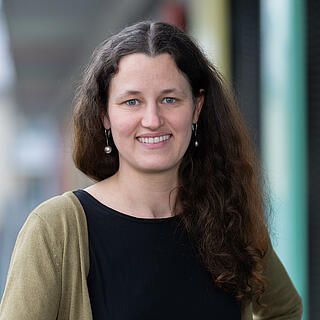Circular Economy (CE) in China

According to UNEP (2024), the annual global extraction of materials has grown from 30.9 billion tons in 1970 to 95.1 billion tons in 2020, and is expected to reach 106.6 billion tons in 2024. Thus, the prolonged growth of the global demand for materials is associated with major environmental concerns. In addition, high raw material consumption is a risk factor with regard to energy and raw material supply. The principles of a Circular Economy provide a clear pathway to address high raw material consumption and the inherent environmen¬tal problems. By closing material cycles, CE can also help to overcome resource scarcities and supply risks.
When it comes to CE and respective policies, China has a long tradition. In general, there is a broad agreement on the relevance of the circular economy in China as well as on the successes and challenges related to its implementation. With the aim of addressing these and narrowing down possible further work in a broad fi eld of CE, proposals for focus sectors and potential Special Policy Studies (SPS) were identifi ed using desk research, expert interviews, fi eld visit in Beijing and digital consultation of experts.
The identifi ed sectors are plastics (incl. packaging), batteries, renewable energy technologies, textiles and construction. Several SPS are possible in each of these sectors.




